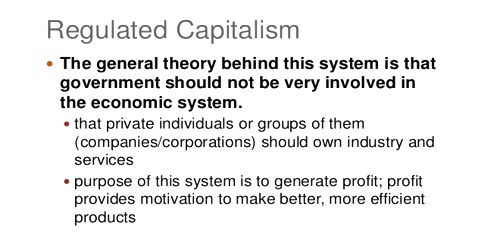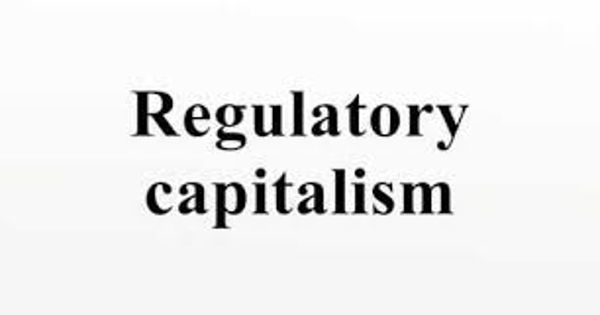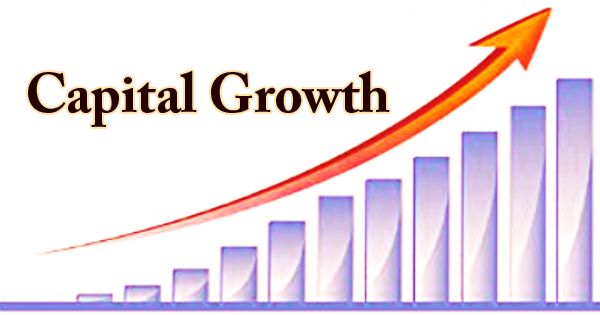Regulation changes the way politics is carried out, how society is organized, and the governance of economic production and exchange. Regulatory capitalism suggests that the operation maintenance and development of the international political economy increasingly depends on administrative rules outside the legislatures and the courts. Thus, the term ‘regulatory capitalism’ denotes the importance of regulation in defining and shaping the capitalist systems of governance in a way that the regulatory state or the concepts of ‘free markets’ or ‘capitalism’ do not. This globalization of regulation occurs at the same time as a lot of privatization and growth of competition regulation that renders markets more vibrant.
Regulatory capitalism tells us simply that capitalism is a regulatory institution—one that is being constituted, shaped, constrained, and expanded as a historically woven patchwork of regulatory institutions, strategies, and functions.
Governance in capitalist polities is increasingly evolving as a patchwork of regulatory institutions, strategies, and functions. The general trend despite and beyond the process of liberalization is that of growth rather than a decline of regulation. Regulatory processes condition the operation, manipulation, and deployment of political, social, and economic power. So, regulatory capitalism is about regulation as a defining feature of the capitalist mode of production and about the mutual embeddedness of the social, economic, and political.

Regulation as a constraint is probably the most intuitive and frequent way in which we think of it. Deregulation may represent trends in some industries (notable finance), but more regulation is the general trend beyond that characterize modern and post-modern capitalism alike. Regulation as a set of prescriptive rules specifies prohibitions and mandates behavior. Regulation in this interpretation is an instrument of organizations—states, business, civil, and hybrid and is carried at all political arenas and levels. Regulatory regimes are not only ever-evolving political constructions; they also vary in design and purpose across the many issues and sectors they govern.
Capitalism is understood in this perspective not simply as a system of commodity accumulation via markets, in which things with use values are converted into things that have exchange value. Regulatory Capitalism will be warmly welcomed by regulatory scholars in political science, sociology, history, economics, business schools, and law schools as well as regulatory bureaucrats, policy thinkers in government, and law and society scholars.
The concept of regulatory capitalism serves as an alternative to concepts like financial capitalism, welfare capitalism, casino capitalism, developmental capitalism, risk capitalism, state capitalism, and crony capitalism in an attempt to shed more light on capitalism as a polymorphous order. The development of the capitalist economy is accompanied by a waste of social labor and natural resources and by the expansion of the scale of parasitic consumption.
Information Source:
















